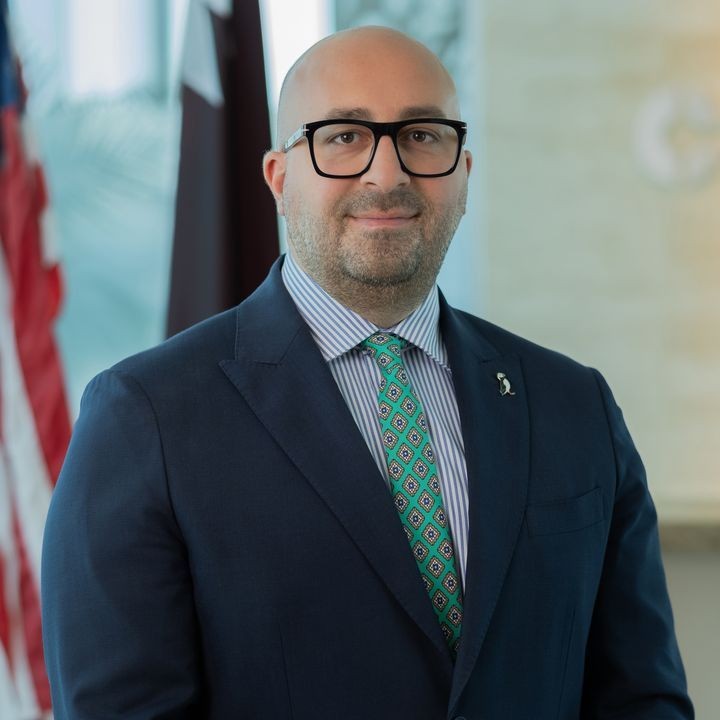Qatar Financial Centre: Digital Assets Framework
Client Alert | 3 min read | 09.03.24
Introduction
On 1 September 2024, the Qatar Financial Centre Authority (“QFCA”) and the QFC Regulatory Authority (“QFCRA”) enacted the Digital Assets Framework, a comprehensive regulatory framework that governs the creation and tokenization of digital assets in Qatar.
Why is this important?
The development of the Digital Assets Framework serves as a key step in achieving the goals set out in Qatar Central Bank’s Third Financial Sector Strategic Plan in line with the 2030 National Vision. The newly enacted legislation follows the launch of the Digital Assets Lab last year by the QFCA and the QFCRA, in collaboration with Qatar Central Bank, and the publication of Consultation Paper 2023/03 on the proposed digital assets regulatory framework.
Key Takeaways
The Digital Assets Framework is comprised of new legislation including the QFC Digital Assets Regulation (the “Regulation”), the Investment Token Rules 2024 (the “Rules”) and the Token Service Provider Guidelines (the “Guidelines”). The legislation can be summarized as follows:
- The Regulations govern permitted tokens, any transactions involving permitted tokens and the provision of token services. The Regulations establish the concept of tokens and define what constitutes a permitted token. They include provisions on token transfer, ownership, rights in the underlying assets, and definitions for types of token service providers subject to the licensing framework in the Qatar Financial Centre (“QFC”).
- The Rules make provisions for the treatment of tokens ("investment tokens”) representing underlying rights to property that are defined as specified products, derivatives or rights derived from specified products under the QFC Financial Services Regulations. Token services conducted in relation to investment tokens are regulated. Accordingly, any person carrying out an activity related to investment tokens must be authorized and supervised by the QFCRA. Such activities require authorization from the QFCRA in addition to a commercial licence from the QFCA. Token services conducted as a technology provider or in relation to tokens other than investment tokens require a commercial licence from the QFCA.
- The Guidelines are focused on promoting a robust framework for cybersecurity, data protection, regulatory compliance, etc., facilitating a secure and resilient ecosystem. The Guidelines are applicable to all service providers that engage in the token services business in or from the QFC and is applicable based on the functions and activities of the token service provider.
Impact on Existing Legislation
To facilitate the newly enacted rules and regulations on digital assets, the QFC published amendments to the QFC Companies Regulations, the Special Companies Regulations, the QFCA Rules and the Non-Regulated Activities Rules as part of the Digital Assets Framework.
The QFC also published the Investment Tokens (Miscellaneous Amendments) Rules 2024, which introduce rules and guidelines for the regulation of digital assets under the QFC Financial Services Regulation. Key amendments include the following:
- Requiring token service providers that are not financial institutions to comply with the requirements of the AML/CFT Rules;
- Defining new categories such as "Tokenized Schemes" and "Token Investing Schemes," setting out specific requirements for such categories, including disclosure obligations and managing risks associated with digital token infrastructures;
- Requiring firms that provide custody services in relation to investment tokens to have robust systems and controls in place; and
- Ensuring advertisements about a regulated activity involving investment tokens are clear about the tokens concerned and the risks of investing in investment tokens.
How is this relevant to you?
The newly enacted Digital Assets Framework presents a significant development for Qatar’s technology and financial sectors. The accessibility of digital assets in Qatar will present numerous investment opportunities as the market develops and growth in this area continues globally.
If your company is interested in providing token services or investing in digital assets and you have questions regarding the newly enacted Digital Assets Framework, our team at Crowell & Moring is well placed to assist. We routinely advise clients on how best to comply with QFC requirements to mitigate compliance risk. Should you have any questions regarding your compliance obligations, please contact us for additional information.
Insights
Client Alert | 3 min read | 05.16.25
On May 14, 2025, the Environmental Protection Agency (“EPA”) announced that it will keep the current National Primary Drinking Water Regulations (“NPDWR”) for perfluorooctanoic acid (“PFOA”) and perfluorooctane sulfonic acid (“PFOS”) under the Safe Drinking Water Act (“SDWA”), while extending the compliance deadline from 2029 to 2031. EPA further announced it plans to rescind requirements in those regulations applicable to other PFAS and mixtures of certain PFAS in drinking water. The NPDWR consists of legally enforceable primary standards and treatment techniques that apply to public water systems and guide EPA’s enforcement of the SDWA. This announcement follows EPA’s April 28, 2025 press release outlining its priorities for PFAS enforcement, which included 21 actions EPA intends to take to address PFAS and “engage with Congress and industry to establish a clear liability framework that ensures the polluter pays and passive receivers are protected.”
Client Alert | 2 min read | 05.16.25
Client Alert | 3 min read | 05.16.25
New SF-328 Released and Embedded Guidance Seeks More Information Up Front
Client Alert | 6 min read | 05.16.25
Recent Antitrust Enforcer Statements Signal New Administration’s Direction and Priorities





